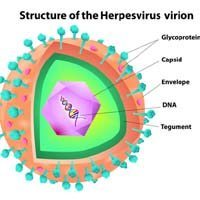Updated Guidelines Aim to Advance Mesothelioma Research
The criteria for measuring treatment response in malignant pleural mesothelioma is being revised—again. Researchers are hopeful that the new criteria will improve the quality and value of mesothelioma clinical trials and move researchers closer to a cure. Researchers at the University of Chicago and the National Centre for Asbestos Related Diseases in Australia are proposing new modifications to the “modified RECIST” criteria by which researchers currently assess the response of mesothelioma tumors. In order for mesothelioma clinical trials to be truly valuable—and have any chance of leading to a cure—researchers must be “on the same page” in how they assess the size of mesothelioma tumors and their response to treatment. Because malignant mesothelioma is so rare, there are fewer studies…









